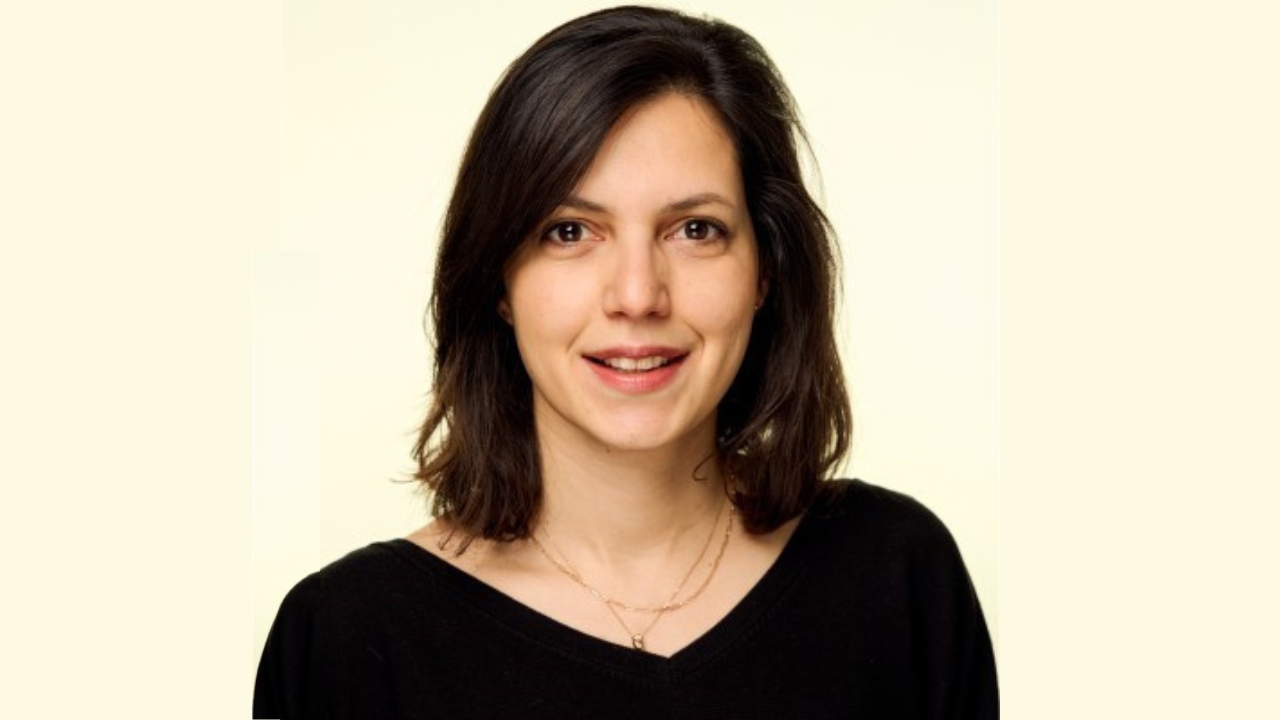Asefeh Defaee (E.24): Heart and Soul in Her Work

Honored at the 48th HEC Foundation Awards for her Executive MBA thesis on improving healthcare accessibility in Pakistan, cardiologist Asefeh Defaee (E.24) is determined to strengthen the dialogue between medicine and management.
A cardiologist with an HEC degree — a rare combination. And yet, the worlds of medicine and management have much to gain from better understanding one another. Asefeh came to this realization at the start of her medical career at the Cliniques de l’Europe in Brussels, in 2020, during the first wave of Covid.
“Experiencing process dysfunctions firsthand on the ground, I thought it was essential to create a bridge between caregivers and administrators — to act as a translator between them.”
This realization sparked her decision to pursue management training, complementing her thirteen years of medical education at the University of Louvain (Belgium) and her specialization in cardiac imaging at Sorbonne University.
“I chose medicine out of a passion for people and their well-being. I went into cardiology because it’s a broad field with measurable impact. Cardiovascular diseases are the leading cause of death globally — they generate vast amounts of data, which can be used to design effective prevention and treatment strategies. When you work on the heart, you reach many patients, across all countries.”
Eager to have the broadest possible impact, Asefeh enrolled in the Executive MBA at HEC Paris for its international scope, its Health Care specialization, and its modular format — compatible with her dual role as a cardiologist and young mother, first to one, then two little girls.
Asefeh’s thesis — awarded by the HEC Foundation jury on February 10 — focuses on healthcare accessibility in Pakistan, a country with a dire health situation and a life expectancy stuck at just 67 years.
She centers her study on EZShifa, a pioneering start-up whose digital clinics connect patients and doctors remotely.
“By offering affordable consultations to underserved populations in remote areas, EZShifa addresses both cost and physical access barriers.”
To support the initiative, Asefeh offers a set of recommendations:
“The key is to educate the population about their health needs to drive the adoption of technology. Tech is only useful if there’s real patient demand. Every year, numerous health tech start-ups are launched globally — only those that solve a concrete need survive.”
Appointed Deputy Medical Director of the Cliniques de l’Europe at the end of her Executive MBA, Asefeh is now in charge of shaping the hospital’s medical strategy through to 2030. She devotes three days a week to this mission, while continuing to practice cardiology the rest of the time.
“My first passion is direct patient care — I didn’t want to lose that. Strategic planning taps into more indirect levers, with less immediate impact. It brings a different kind of satisfaction. Balancing the two roles can be challenging, but it’s deeply enriching,” she smiles.
In contact with HEC Paris Professor Dimitrios Andritsos, Asefeh also hopes to contribute to the development of the Executive MBA’s Healthcare specialization.
“I love teaching and sharing knowledge. I’d really enjoy exchanging ideas about health system improvement with other doctors who’ve embarked on the Executive MBA journey.”
Where there’s a will, there’s a way!
Published by Loane Gilbert

